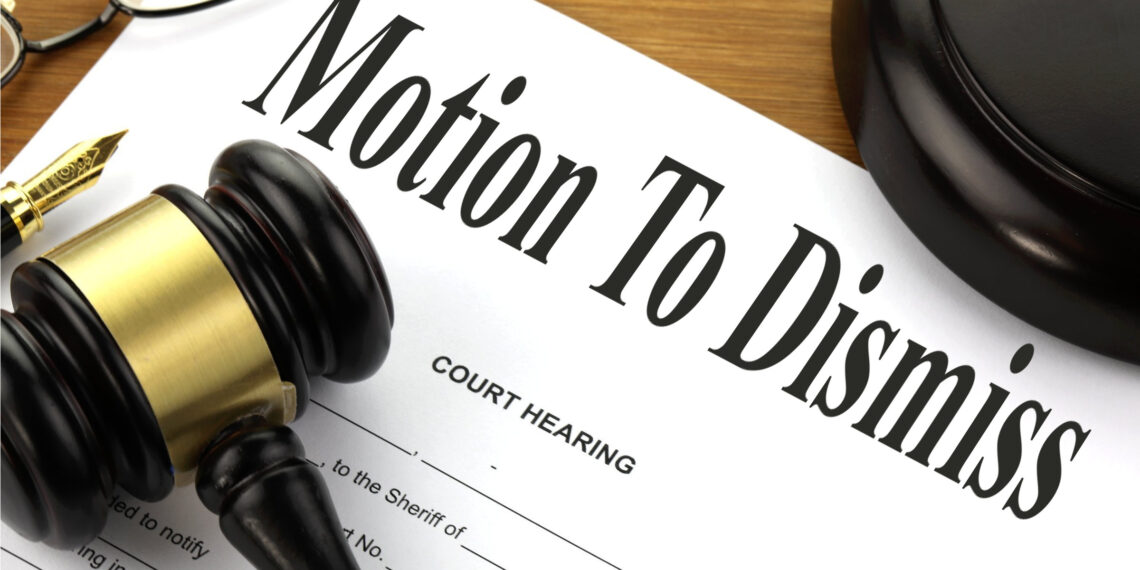Automattic Inc. and Matt Mullenweg’s latest legal filing is a motion to dismiss WP Engine’s claims in their ongoing legal dispute, rooted in accusations of trademark infringement, intentional interference, and alleged misconduct within the WordPress ecosystem. The core of Automattic’s argument is that WP Engine’s complaint lacks substantive legal grounding and is, at its heart, a response to Automattic’s enforcement of community standards and WordPress trademark policies.
automattic-motion-to-dismissKey Points and Arguments from the Motion
1. Trademarks and Community Standards:
- Trademark Use: Automattic argues that WP Engine has violated WordPress’s trademark guidelines, particularly by using the term “WordPress” in product names and marketing, which goes beyond permitted nominative fair use. WP Engine allegedly altered product names like “Headless WordPress” after being informed of these infractions but continued unauthorized uses, which Automattic cites as evidence of infringement (pages 7-8, 13).
- Community Contribution: Automattic alleges that WP Engine has benefitted from the WordPress ecosystem without contributing proportionally, thereby exploiting the open-source community. Automattic highlights WP Engine’s shift in business practices, which reportedly began after Silver Lake’s investment in WP Engine in 2018, as evidence of WP Engine’s focus on profit over community support (pages 3-5).
2. No Contractual Obligation to Provide Access:
Automattic emphasizes that WP Engine has no contractual right to access the WordPress.org resources it relies upon, arguing that its removal from the platform was within Automattic’s discretion and does not constitute unlawful interference. This argument is grounded in the assertion that WP Engine made a business decision to depend on a platform without guaranteed access (page 6).
3. Challenges to Specific Legal Claims:
- Intentional Interference with Contracts (Count 1): Automattic contends that WP Engine fails to identify specific contracts or sufficiently allege that Automattic’s actions led to any contractual breaches, a requirement for a valid claim (pages 8-10).
- Computer Fraud and Abuse Act (CFAA) Claim (Count 3): WP Engine’s CFAA claims, based on blocked access to WordPress.org resources, are argued to be unsubstantiated, as the CFAA is designed to address unauthorized access and technological harm, not disputes over web platform accessibility. Automattic argues that WP Engine’s interpretation would improperly broaden the scope of the CFAA (pages 12-15).
- Attempted Extortion Claim (Count 4): Automattic highlights that California law does not permit a private cause of action for attempted extortion based on criminal law and maintains that its requests for WP Engine to license the WordPress trademark were lawful and in line with trademark protection standards (pages 16-17).
4. Alternative Explanation for WP Engine’s Losses:
• Automattic attributes WP Engine’s business difficulties to its own practices rather than Automattic’s actions. It cites poor customer service and frequent complaints about WP Engine’s hosting services as contributing factors to any customer losses, thereby negating the causation required for WP Engine’s claims of interference (pages 10-11).
5. Alleged Retaliatory Lawsuit:
• Automattic describes WP Engine’s lawsuit as a retaliatory measure intended to distract from its own business practices and alleged trademark violations. It argues that the lawsuit is meant to secure free access to WordPress.org resources despite WP Engine’s refusal to contribute to the WordPress ecosystem (pages 7-8).
Broader Implications and Conclusion
Automattic’s motion frames WP Engine’s legal actions as an attempt to benefit from WordPress’s free resources without reciprocating support to the community that maintains the platform. This motion seeks a dismissal of all claims, contending that WP Engine’s business model conflicts with open-source principles. The hearing for this motion is scheduled for March 2025.
This motion’s outcome may set a significant precedent for open-source ecosystems and their interactions with for-profit entities that rely on their resources without formally contributing back to the community.
















Discussion about this post